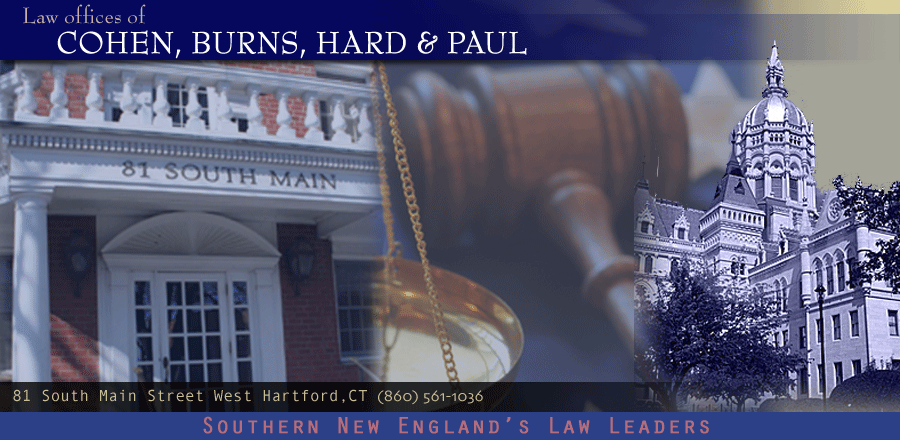
- Home
- Attorney Profiles
- Articles
- A homeowner History Lesson
- Reverse Mortgage- Tax Free Income
- Deficit Reduction Act
- Searching for an "Active Adult" home?
- Estates for Life
- Power of Attorney
- Advanced Health Care Directives
- Health Savings Accounts
- Attorney Eric Hard's Article on Jury Selection for Connecticut Lawyer Magazine
- Attorney Eric Hard Appears on Fox CT TV News to Discuss Tom Brady Deflategate Ruling
- F.A.Q.
- Contact us
Services
Practice Areas
- Real Estate
- Commercial law
- Personal injury
- Litigation
- Bankruptcy
- Landlord/tenant
- Family law
- Criminal law
Offices
81 South Main Street
West Hartford, CT
(West Hartford Center)
(860) 561-1036191 Albany Turnpike
Collinsville, CT
(Rte 44, near the Shoppes at Canton)
(860) 693-1201
![]()
A Homeowner History Lesson
Contributed by Eric Hard and Suzanne Hard
Let's go back in time. Way back to May of 1997. Prior to that time, homeowners looking to sell their primary residence had to pay capital gains taxes to the federal government on any gain realized on the sale. To avoid the tax liability, the seller had to roll the gain over into the purchase of another home. As an alternative, Americans aged 55 or older had available to them a once-in-a-lifetime capital gains tax exemption in the amount of $125,000.
Then came the Taxpayer Relief Act of 1997. Enacted on May 6 of that year, it streamlined and simplified the treatment of a sale of a house by the tax code. Gone was the rollover requirement; gone also was the onetime exemption for only those over the age of fifty-five. Under the new regime, sellers owe no federal capital gains tax on the profit on the sale of a primary residence, up to $250,000 for individuals and up to $500,000 for married couples, so long as they have owned and lived in the home for at least two of the 5 years prior to the sale date. There is no age requirement, and no once-in-a-lifetime limitation. In fact, under the current law, this exemption may be used every two years.
The way this exemption works is that the gain on the sale of a principal residence is not included in the taxpayer's gross income, up to $250,000 or $500,000, depending on marital status of the filer. If the gain exceeds these limits, the excess will be taxed at the capital gains rate of 15%.
Under the old law, all such sales, even those that did not result in taxable gains, required paperwork to be filed. Now, only those sales that trigger a tax liability must be reported.
One result of this change in the tax code has been to make it much easier for a homeowner with significant equity to downsize their home, make additional changes in residence, and keep some of that equity in a handier place -- the homeowner's pocket.
Suzanne Hard is a lawyer residing in Avon, CT. Eric Hard is an attorney with the Law Firm of Cohen, Burns, Hard and Paul in West Hartford, CT. Eric and Suzanne may be contacted at ehard@cbhplaw.com, or at 860-561-4961.
Copyright 2006, by Eric Hard and Suzanne Hard. All rights reserved.